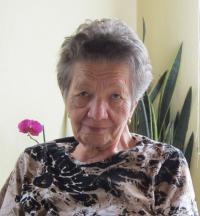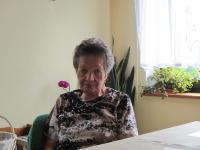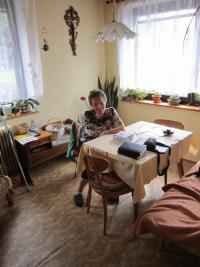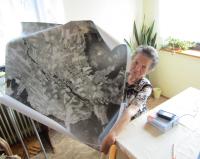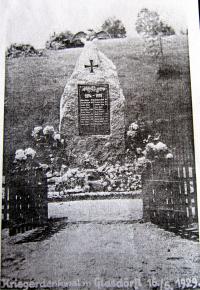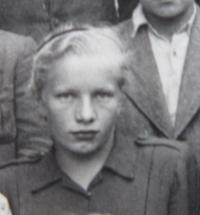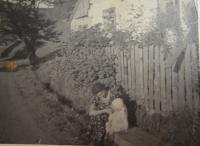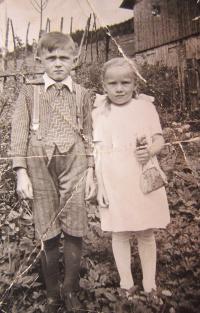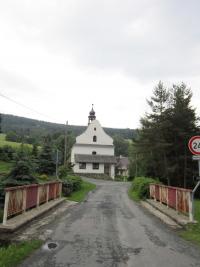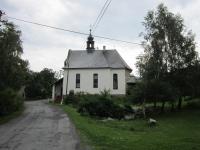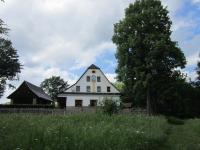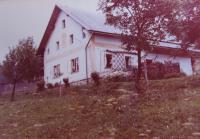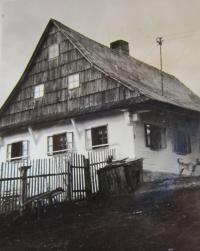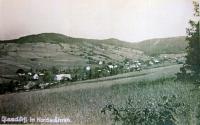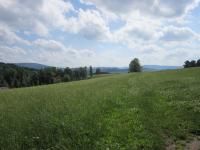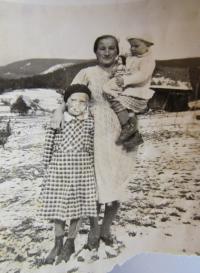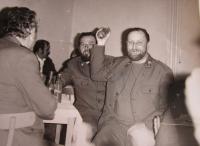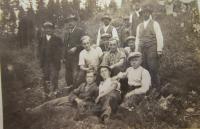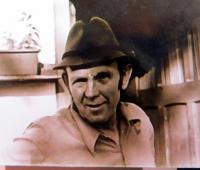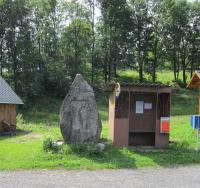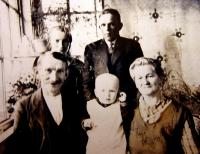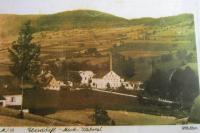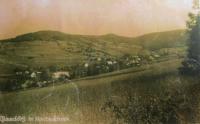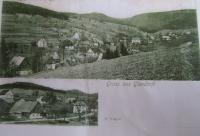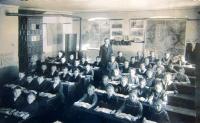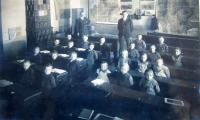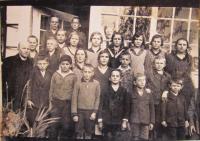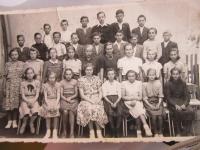There were people here from Starý Hrozenkov, Germans, Slovaks from Romania, Czechs, so you can imagine what it looked like.
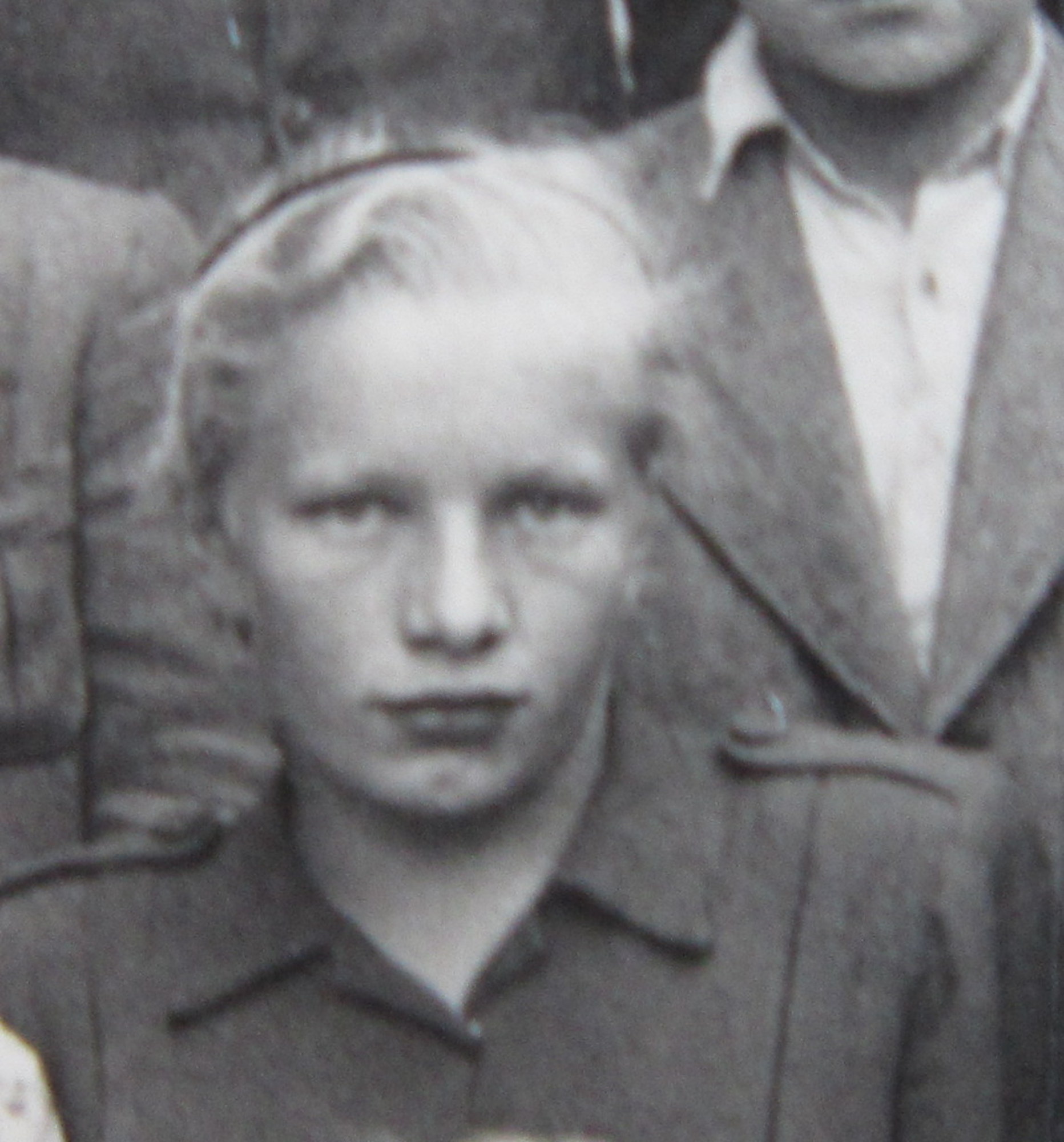
Download image
Anna Šebková, née Stöhrová, was born in 1935 in the village of Sklené (Glassdörfel in German), which is now a part of the Malá Morava municipality in the district of Šumperk. Both her parents were of German nationality and most of her predecessors originate from this small village nestled under the looming Śnieżnik Mountains. Anna Šebková lived a large part of her life in Sklené, and it was there that she witnessed not only the Second World War, but also the expulsion of most of the original German inhabitants, the arrival of new settlers and the gradual desolation of the village. Her father was drafted into the Wehrmacht during WW2, he was heavily injured in Romania and released from service after his recovery. Her uncle Adolf Stöhr was captured at Stalingrad and spent several years in prison camps in Siberia, before being one of those few released in the Fifties. The family was not expelled after the war, because Anna’s father knew the local conditions and thus was retained to train new forest workers. Anna Šebková trained and worked as a seamstress; she married Bohumil Šebek of half-German descent in 1956. They lived together in the village of Velká Morava for some years. She now lives in Sklené again.
